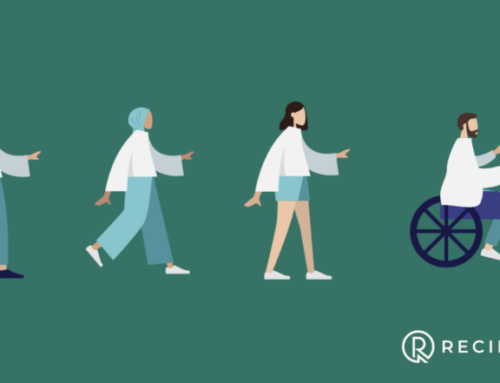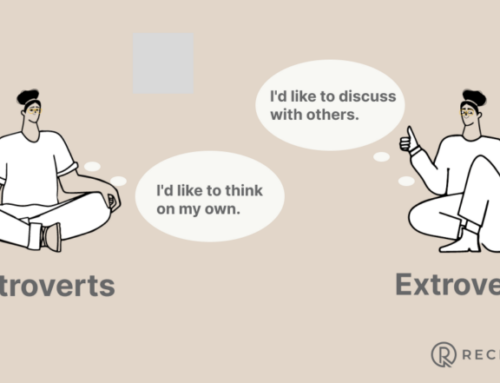Mental Health – at the Heart of our Concerns
This Sunday, October 10, 2021, was the World Mental Health Day – an awareness day lead by the World Health Organization (WHO).
“Mental health care for all: let’s make it a reality”. Here is the slogan proclaimed loud and clear by the World Health Organization on the World Mental Health Day. A slogan, but above all, a goal set to be achieved by the year of 2030. An ambitious goal considering that mental ill-health numbers are alarming.
“Mental ill-health will affect everyone at some point in their lives – whether experiencing mental illness themselves, or as a family member, friend or colleague”
OECD, 2018
According to the WHO, “suicide is the second highest cause of mortality among 15-29-year-olds.” In addition, people with serious mental illnesses die prematurely, up to two decades earlier than healthy individuals -due to preventable physical diseases such as cardiovascular disease, high cholesterol, and cancer.
People suffering from mental illness also have their human rights violated. Large numbers of people are locked away in mental institutions or prisons or homeless, often without legal or social protection. Globally, it is also a fact that the quality of mental health services is routinely worse than the quality of those for physical health.
Moreover, mental health has an economic cost, both on an individual and societal level. A recent study estimated that “the cumulative global impact of mental disorders in terms of lost economic output will amount to US$ 16.3 trillion between 2011 and 2030”.

People having a poor mental health have their economic, social, and cultural rights denied to them.
Time to act
However, there is hope for a better future – if we take action. That is precisely what WHO’s “Comprehensive Mental Health Action Plan 2013-2030“ aims to achieve – approved by the Seventy-fourth World Health Assembly. According to WHO Director-General Dr. Tedros Adhanom Ghebreyesus, the major goals we need to achieve are :
- More effective leadership and governance for mental health.
- The provision of comprehensive, integrated mental health and social care services in community-based settings.
- Implementation of strategies for promotion and prevention.
- Strengthened information systems, evidence and research
As a result of the Covid-19 period, governments around the world saw the need to take care of the mental health of their citizens. They were all in agreement with the WHO’s plan’s implementation options and indicators. So there’s a lot to be optimistic about in terms of our mental health’s future.
RECILIO fully supports the WHO’s endeavour and will fight for mental health care for all.







